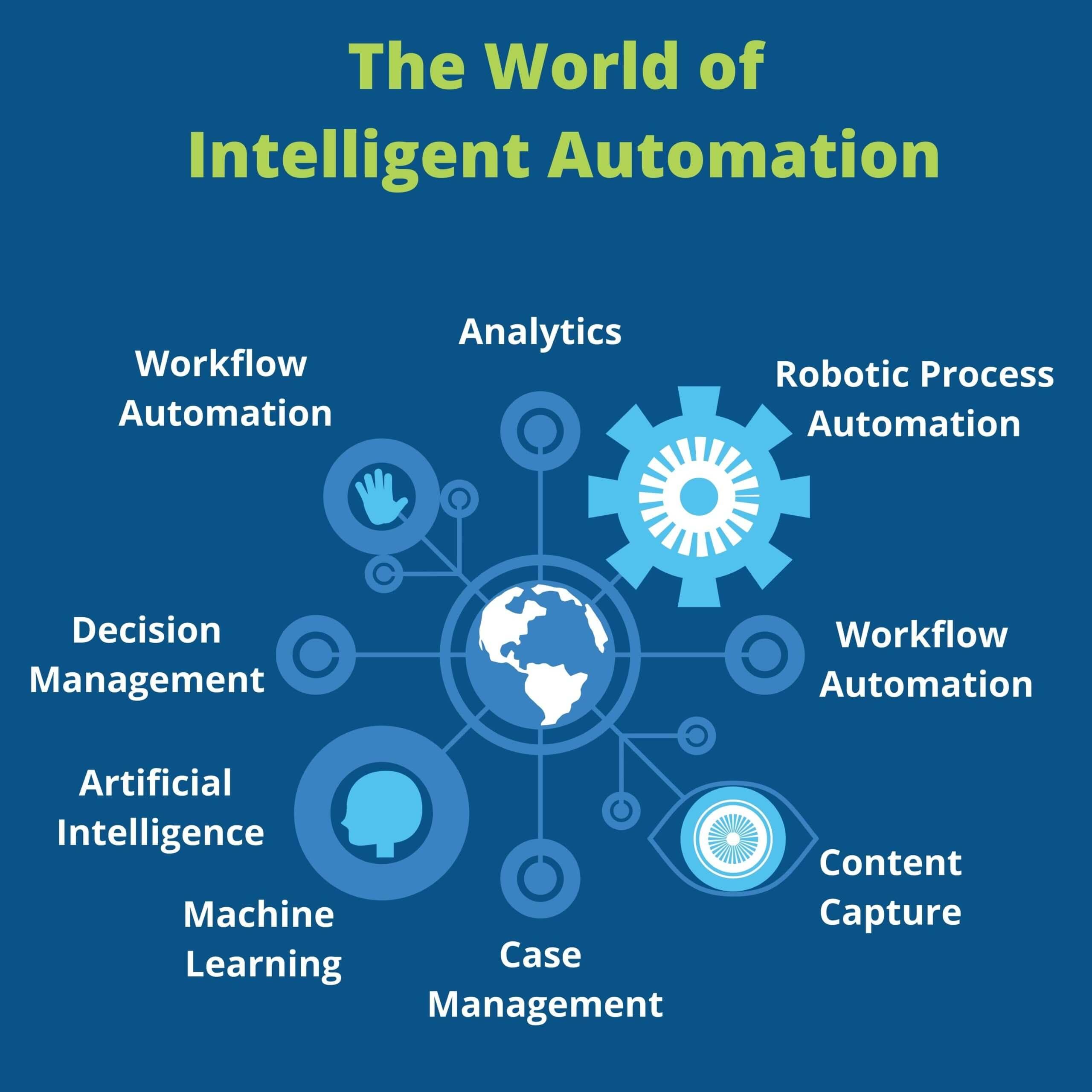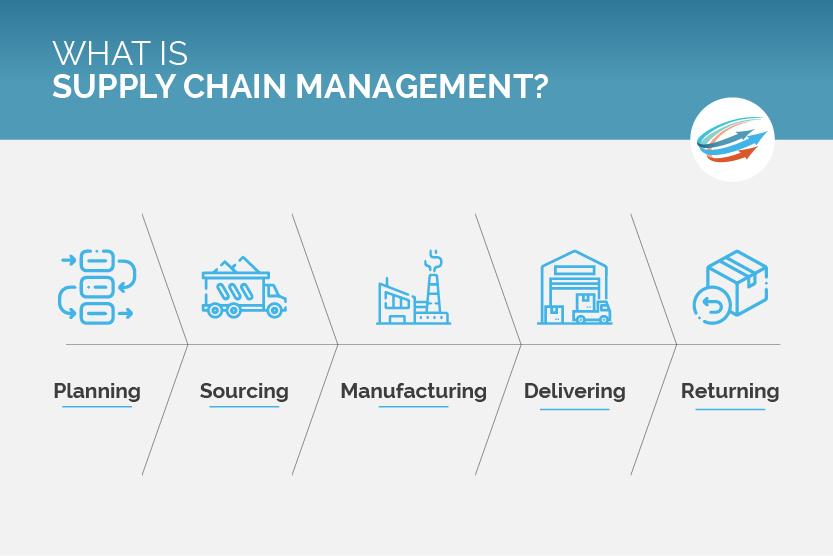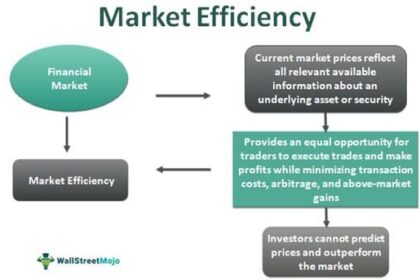In the ever-evolving landscape of e-commerce, where consumer expectations and technological advancements collide, businesses are on a relentless quest for efficiency and agility. Enter automation—a powerful ally reshaping how online retailers operate and engage with their audiences. As the digital marketplace burgeons with competition, the ability to streamline processes, enhance customer experiences, and optimize resources has become paramount. This article delves into the rise of automation in e-commerce, exploring its transformative impact on operations, from inventory management to personalized marketing strategies. Join us as we uncover how the integration of automated solutions is not just a trend, but a crucial element for success in today’s dynamic business environment.
Embracing Technological Advancements to Enhance Operational Efficiency
The rapidly evolving landscape of e-commerce necessitates businesses to harness cutting-edge technologies to remain competitive. Companies are increasingly turning to automation as a key strategy to streamline operations and improve productivity. By integrating advanced software solutions, such as AI-driven inventory management systems and customer relationship management (CRM) tools, e-commerce businesses can minimize manual labor and reduce human error. This shift allows companies to focus on more strategic initiatives while ensuring that key processes are executed consistently and efficiently.
Moreover, adopting automation can lead to significant enhancements in customer experience. With automated chatbots providing 24/7 customer support and personalized product recommendations driven by machine learning algorithms, businesses can forge stronger relationships with their clientele. This dual approach not only optimizes backend processes but also enriches customer interactions, driving loyalty and satisfaction. To visualize the impact of automation on operational efficiency, consider the following table:
| Automation Tool | Impact on Operations |
|---|---|
| Chatbots | 24/7 assistance, reducing wait times |
| Inventory Management Systems | Real-time stock tracking, minimizing outages |
| Automated Email Campaigns | Targeted outreach, improved conversion rates |

Transforming Customer Experiences through Intelligent Automation
In the rapidly evolving landscape of e-commerce, businesses are increasingly harnessing the power of intelligent automation to enhance customer interactions and boost overall satisfaction. By leveraging data analytics and machine learning algorithms, companies can deliver personalized experiences that cater to individual preferences and needs. This means that each touchpoint, from product recommendations to customer support, is tailored for maximum impact. Additionally, intelligent automation allows businesses to process vast amounts of customer data quickly, identifying trends and behaviors that can inform proactive strategies to engage customers effectively.
This transformative approach not only streamlines operations but also ensures that customer journeys are seamless and efficient. With AI-driven chatbots offering instant support and automated inventory management systems ensuring product availability, customers enjoy a hassle-free shopping experience. Consider the following benefits of using intelligent automation in e-commerce:
- 24/7 Customer Support: Chatbots can assist customers at any time.
- Enhanced Personalization: Tailored product suggestions based on past purchases.
- Speedy Order Fulfillment: Automated inventory systems react in real time.
- Data-Driven Insights: Analyzing customer behaviors for improved strategies.

Optimizing Supply Chain Management with Smart Solutions
The integration of smart solutions into supply chain management is revolutionizing the way e-commerce businesses operate. Through the use of advanced technologies such as AI, IoT, and machine learning, companies can achieve unprecedented levels of efficiency and accuracy. These tools enable real-time tracking and flexible response to changes in demand, allowing businesses to minimize costs and enhance customer satisfaction. Some key benefits include:
- Enhanced Visibility: With real-time data, companies can monitor shipments and inventory levels at all times.
- Improved Forecasting: Predictive analytics allows for better inventory management by anticipating customer needs.
- Cost Reduction: Automation helps streamline processes, reducing the need for manual labor and lowering operational costs.
To illustrate the impact of these innovations, consider the following comparison of traditional versus automated inventory management:
| Aspect | Traditional Approach | Automated Approach |
|---|---|---|
| Inventory Tracking | Manual, prone to errors | Real-time, accurate data |
| Response Time | Slow, reactive | Fast, proactive adjustments |
| Labor Costs | High, requires extensive staff | Reduced, utilizing automated systems |

Navigating the Future: Strategic Recommendations for E-Commerce Retailers
As the e-commerce landscape continues to evolve, retailers must embrace technology to remain competitive. Automating routine tasks like inventory management, customer service, and order fulfillment not only enhances operational efficiency but also allows businesses to allocate resources more strategically. Implementing chatbots for customer inquiries can revolutionize customer interactions, providing instant support and freeing up human agents for complex issues. Additionally, leveraging data analytics tools enables retailers to glean insights into consumer behavior, facilitating personalized marketing strategies that resonate with target audiences.
Furthermore, integrating automated payment systems and supply chain solutions can lead to significant reductions in overhead costs. By adopting a holistic approach to automation, e-commerce businesses can create a seamless shopping experience that promotes customer loyalty. To illustrate the impact of automation on various aspects of e-commerce, consider the following table:
| Area of Impact | Traditional Approach | Automated Approach |
|---|---|---|
| Inventory Management | Manual tracking and reordering | Real-time updates with predictive analytics |
| Customer Service | Human agents available 9-5 | 24/7 support with AI chatbots |
| Order Fulfillment | Time-consuming packaging and shipping | Automated systems for fast processing |
The Way Forward
As we stand at the intersection of innovation and commerce, the rise of automation in e-commerce heralds a new era for businesses and consumers alike. The seamless integration of technology into everyday transactions not only enhances efficiency but also enriches the shopping experience. From intelligent inventory management to personalized customer interactions, automation serves as a catalyst for growth, allowing businesses to navigate the complexities of the modern marketplace with agility and precision.
As we embrace this transformative wave, it is essential for stakeholders—from entrepreneurs to consumers—to remain adaptable and vigilant, ensuring that the human touch is never lost amid the machines. The future of e-commerce promises exciting possibilities, driven by insights, data, and automated solutions. By staying informed and responsive to these changes, we can collectively harness the power of automation to foster a thriving online ecosystem.
In this journey toward streamlined success, let us remember that while technology may automate tasks, it is our creativity and empathy that will continue to shape the heart of commerce. The rise of automation is not just a trend; it is an invitation to reimagine how we connect, engage, and build relationships in an ever-evolving digital landscape. The future is here, and it’s ripe with opportunity—let’s seize it together.



